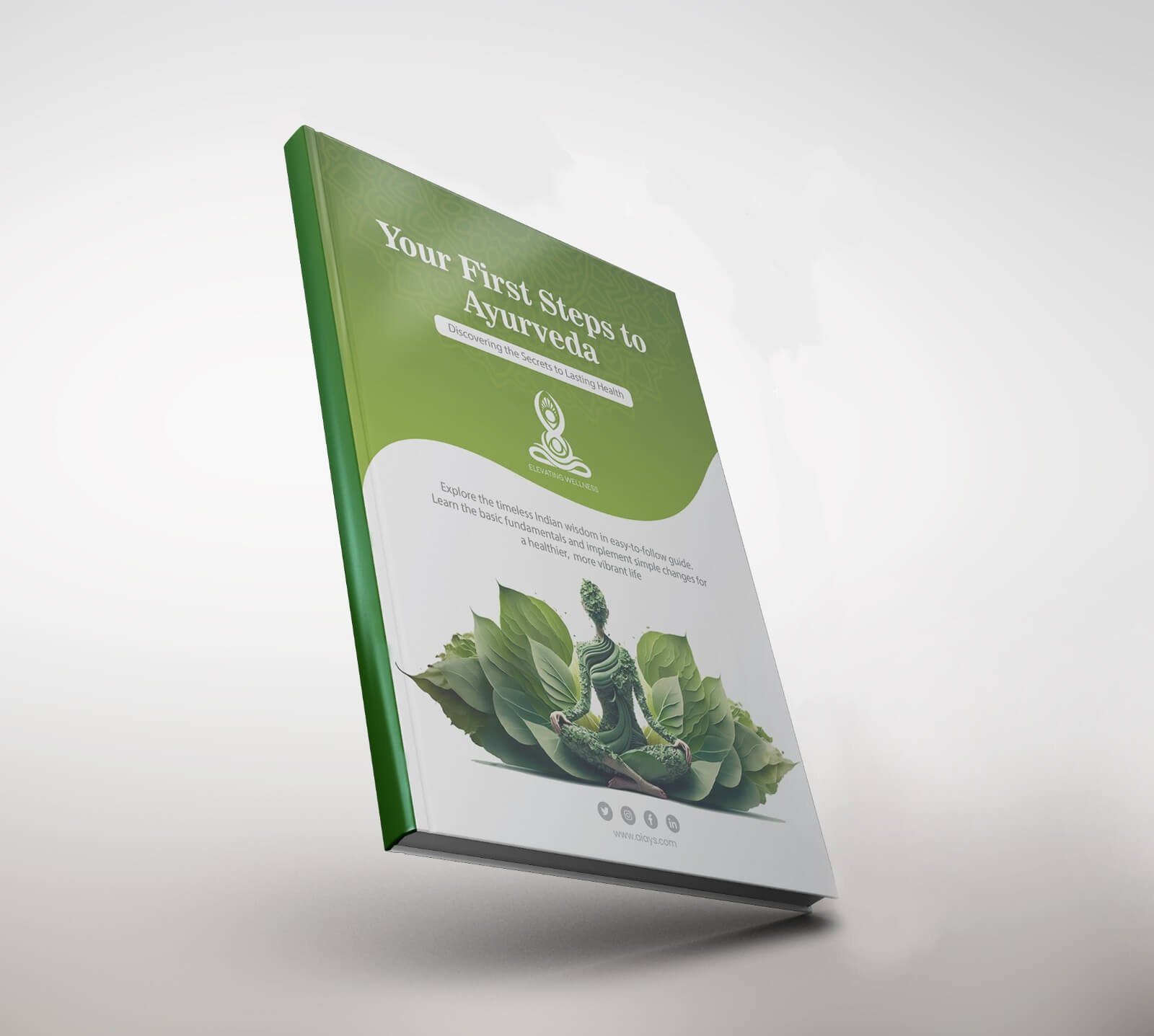
Thank you for taking the
Breaking Habitual Chains Quiz
Addiction is a multifaceted and pervasive issue that affects millions of individuals worldwide. From substance abuse to behavioral addictions, the impact of addiction can be devastating, not only on the individual but also on their loved ones and society as a whole. This report aims to provide a comprehensive overview of addiction, including its causes, risk factors, prevention strategies, management techniques, and pathways to recovery.
What is Addiction from an Ayurvedic Perspective?
In Ayurveda, addiction is viewed as an imbalance of the doshas (Vata, Pitta, Kapha) and the accumulation of toxins (ama) in the body and mind. It disrupts the natural flow of prana (life force) and disturbs the balance of the gunas (qualities) within the individual. Addiction is considered a disease of the mind (manas roga) that arises from excessive indulgence, attachment, and ignorance of one’s true nature.

Causes and Risk Factors:
The causes of addiction in Ayurveda are multifaceted and include genetic predisposition, imbalanced doshas, weak agni (digestive fire), and emotional disturbances such as stress, anxiety, and depression. Exposure to environmental toxins, unhealthy lifestyle habits, and lack of spiritual fulfillment can also contribute to the development of addictive behaviors.
Prevention Strategies:
Preventing addiction in Ayurveda involves cultivating a balanced lifestyle that supports physical, mental, and spiritual well-being. This includes following a sattvic (pure) diet, practicing regular exercise and yoga, and engaging in spiritual practices such as meditation and pranayama (breathwork) to calm the mind and uplift the spirit. Additionally, Ayurvedic herbs and treatments can help detoxify the body, strengthen agni, and promote mental clarity and emotional stability.
Management and Treatment:
Ayurvedic management of addiction focuses on addressing the root causes of imbalance and restoring harmony to the body and mind. This may involve detoxification therapies (panchakarma), herbal remedies, dietary changes, lifestyle modifications, and spiritual practices. Herbs such as ashwagandha, shatavari, brahmi, and guduchi are commonly used to support nervous system function, reduce cravings, and promote mental clarity and emotional stability. Ayurvedic treatments such as abhyanga (oil massage), shirodhara (oil pouring), and nasya (nasal administration of herbal oils) can also help calm the mind, relieve stress, and support the detoxification process.
Pathways to Recovery:
Recovery from addiction in Ayurveda involves embracing a holistic approach that addresses the physical, mental, and spiritual dimensions of the individual. This includes adopting healthy lifestyle habits, practicing mindfulness and self-awareness, and cultivating a supportive social network. Ayurvedic treatments and therapies can help individuals detoxify their bodies, balance their doshas, and re-establish harmony within themselves. By reconnecting with their true nature and aligning with the rhythms of nature, individuals can overcome addiction and experience lasting health and well-being.
Ayurveda offers a holistic approach to understanding and addressing addiction. By recognizing the underlying imbalances in the body and mind, implementing preventive measures, and embracing Ayurvedic treatments and practices, individuals can overcome addiction and reclaim their lives. With dedication, perseverance, and support, the journey to recovery becomes a path of self-discovery, healing, and transformation. Ayurveda reminds us that true healing is not just the absence of disease but the restoration of balance and harmony on all levels of our being.
